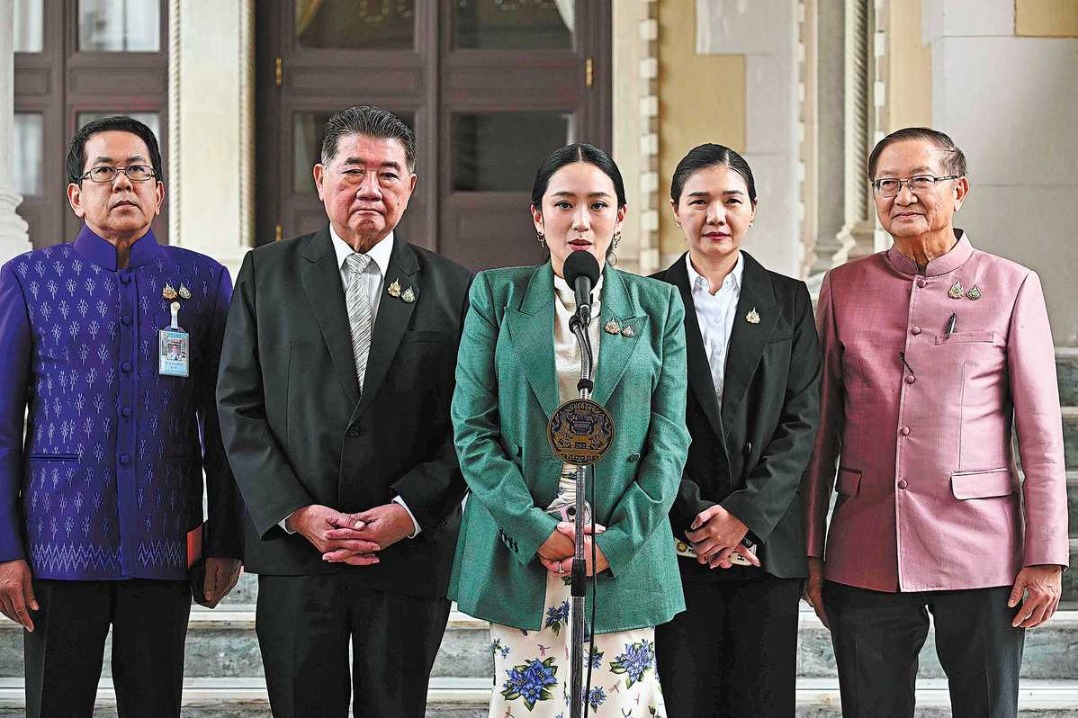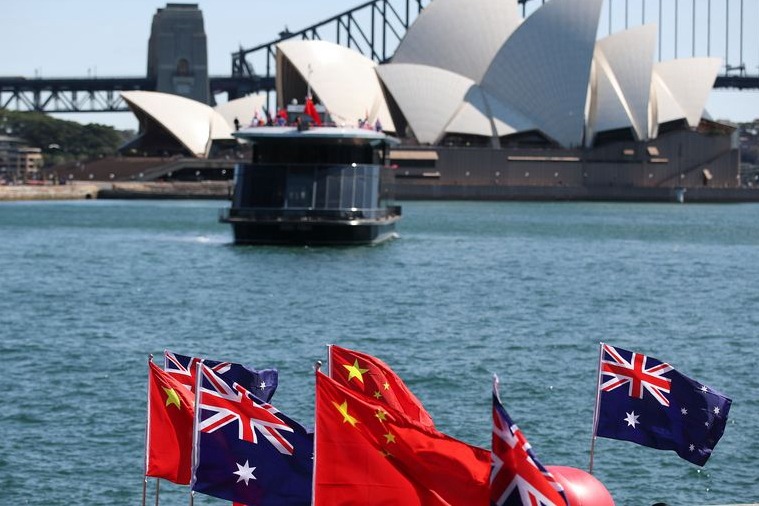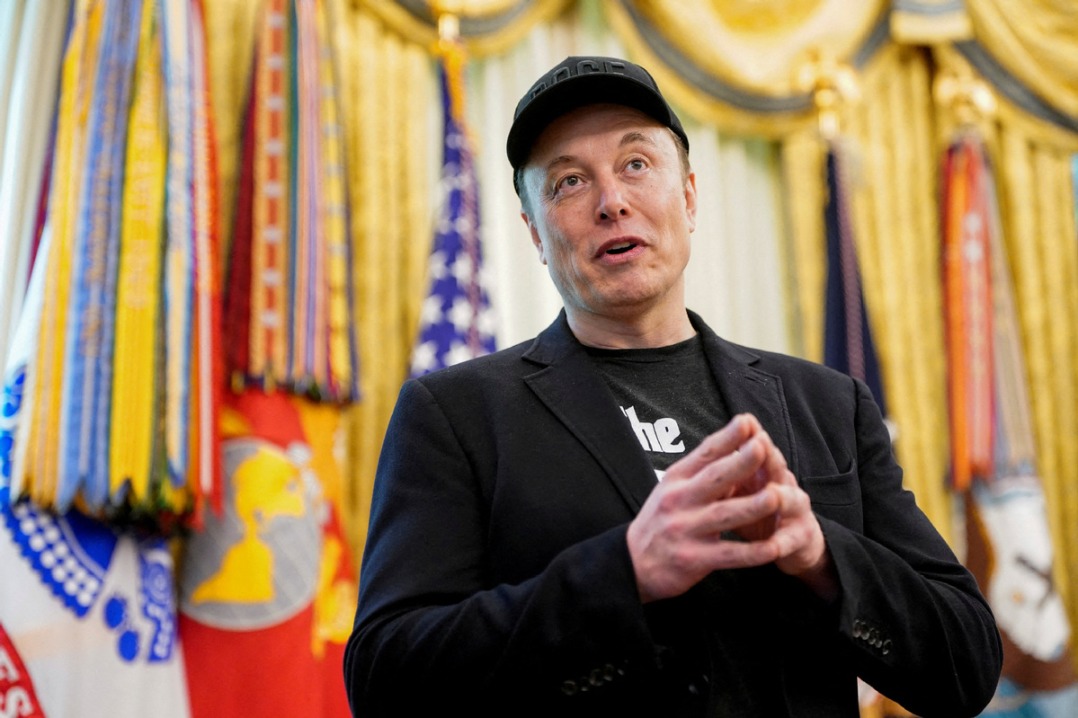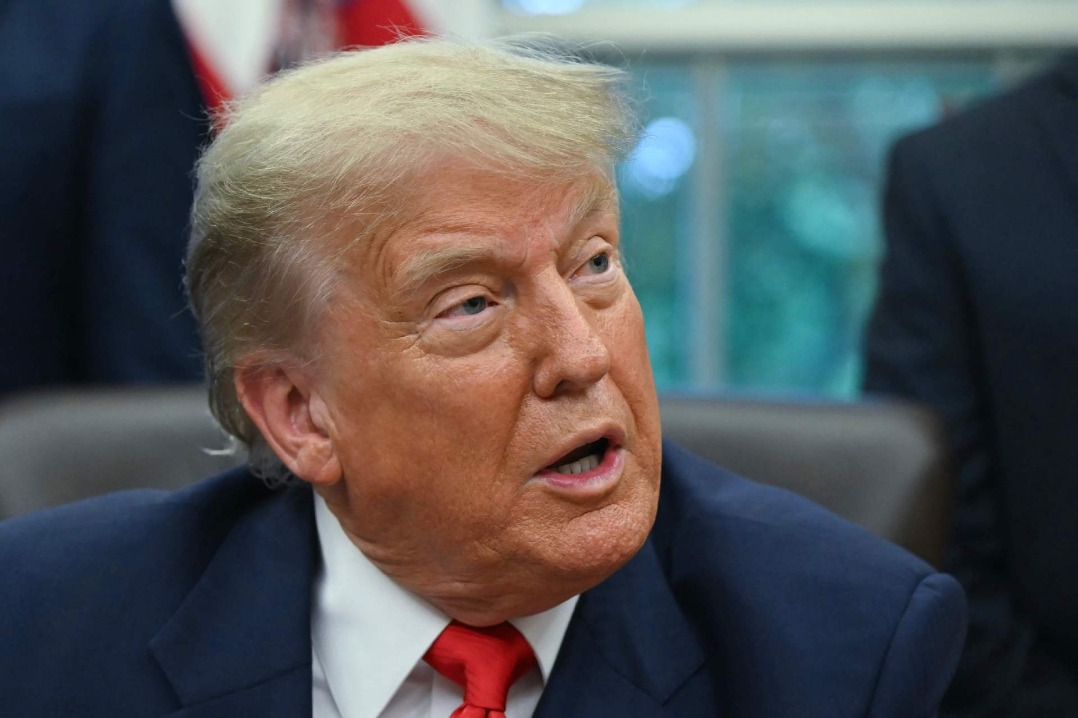G20 must step up to the plate


The 17th G20 Summit will be held in Bali, Indonesia, in mid-November at a time of turmoil for the world economy. The world leaders gathering at the summit are expected to tackle the worst crisis that has emerged since the summit was first convened in response to the global financial crisis in 2008.
Among other things, this move reflected the widespread recognition that the G7 — the group of seven most advanced economies in the world — would no longer be able to manage the global economy alone without the participation of fast-growing emerging economies such as China.
Another important recognition, though much less prevalent at the time, was that the United Nations should be brought into the process as a prominent voice representing the rest of the world, particularly developing nations, in addition to the Bretton Woods Institutions such as the World Bank and the International Monetary Fund. Thereafter, the G20 lived up to the expectations by playing an instrumental role in lifting the world economy out of the financial crisis.
But it has become moribund in recent years. Today the troubling signs for the world economy are many and complex, as the world faces double perils.
On the one hand, the world's economic problems continue to deepen in the wake of the COVID-19 pandemic and its enduring consequences. We are still not completely out of the pandemic woods yet. Many of the problems are structural and therefore cannot be resolved by any single country or financial institution, no matter how powerful or resourceful it may be. A close coordination of macroeconomic policies is required now more than ever.
On the other hand, the consensus among the G20 states on the purpose of the summit has significantly weakened over time. This is mainly ascribable, though not limited, to the growing competition and rivalry among the major powers. It is especially difficult for the whole group to stay focused and united when the top dogs bark at each other at every turn.
As a result, the gap between the global need for coordination and the global coping capacity is widening. Unless urgent action is taken to reverse this trend, the world economy is bound to fall apart. The longer this situation lasts, the more likely it is that the world economy will head into the worst recession since the Great Depression of the 1930s. There is no doubt that the United States and China, as the world's two largest economies, have a special responsibility to prevent the worst-case scenario. And that they have a shared interest in maintaining a robust global economy, which rests on the presence of a resilient global financial system.
In view of the latest policy announcements from both Beijing and Washington on the security and political fronts, it can be surmised that the relationship between the two will remain tense and volatile on a number of key issue areas. On the economic and financial fronts, however, the two states share a firm interest in strengthening the G20 and multilateralism because doing so will allow them to take on the emerging challenges more effectively. Therefore, it is imperative that the US and China find a way to reengage with each other to fulfill their special responsibility for the world economy.
The upcoming G20 Summit will take place after all the dust has settled on their domestic fronts. Revitalizing the G20 on economic and financial issues will contribute considerably to the ongoing endeavors of not only its members but also the rest of the world to stem the rising inflation and the looming recession. The process of revitalization will not be easy. But it can be facilitated if Beijing and Washington begin by prioritizing issues of high consequence and low political difference.
The UN has an instrumental role to play, representing many countries that feel voiceless at the G20 meeting. For example, in 2009, it was the then-UN secretary-general Ban Ki-moon who successfully pushed for $1 trillion worth of stimulus package for the developing countries who were not invited to the London G20 Summit and were not in a position to come up with domestic stimulus packages of their own, unlike the G20 members. Likewise, the UN can now serve as a bridge between the developed and developing nations as well as with the Bretton Woods system.
The world will watch anxiously as the G20 leaders get together and try to formulate a coordinated action plan that can rescue the world economy from a double trap of inflation and recession. Failure to act is not an option.
The author, a former under secretary-general of the United Nations, contributed this article to China Watch, a think tank powered by China Daily. The views do not necessarily reflect those of China Daily.

































